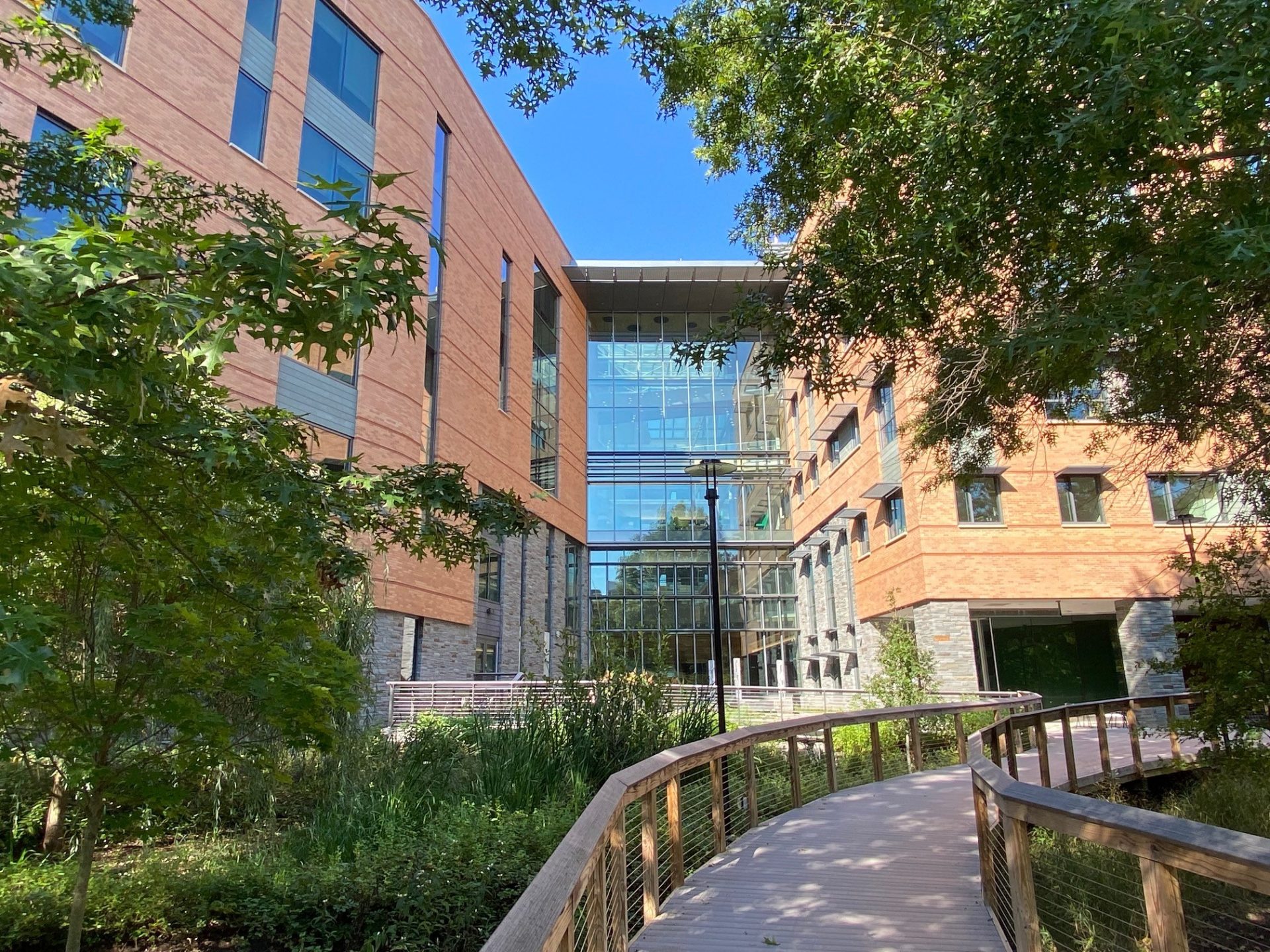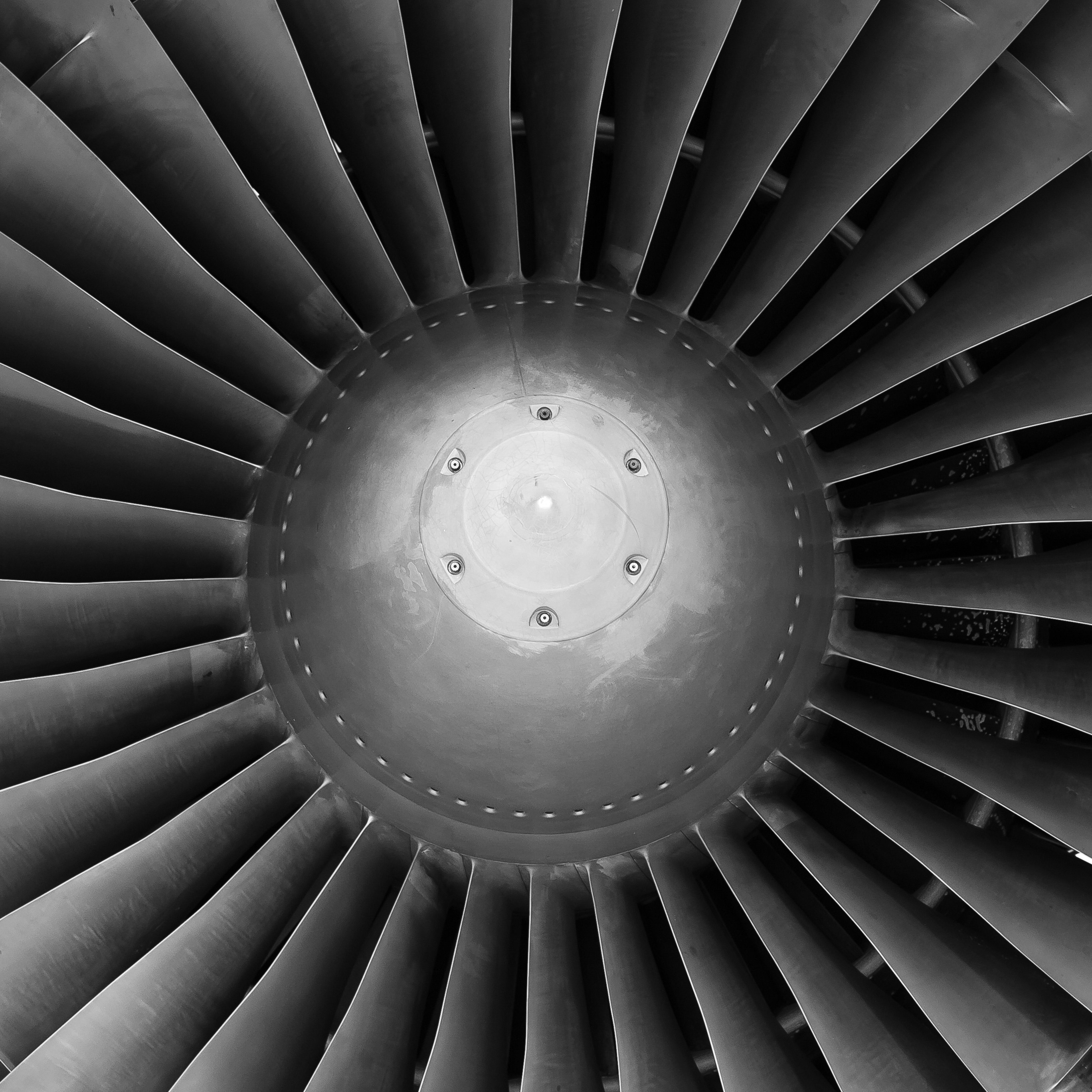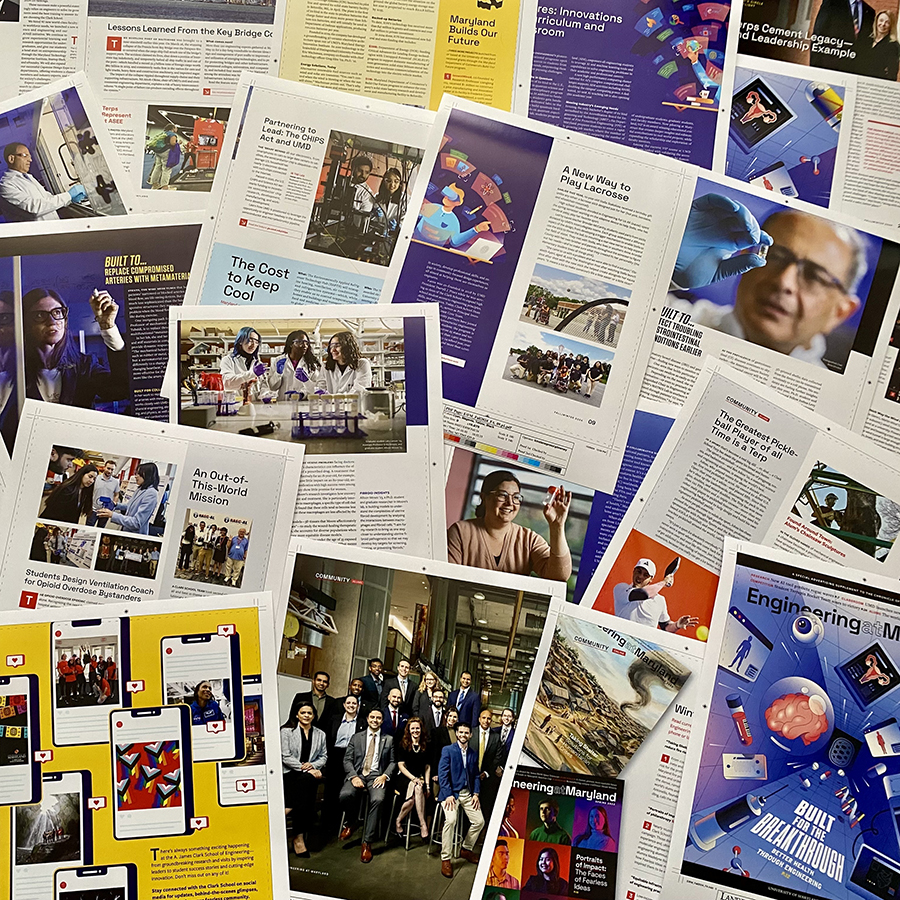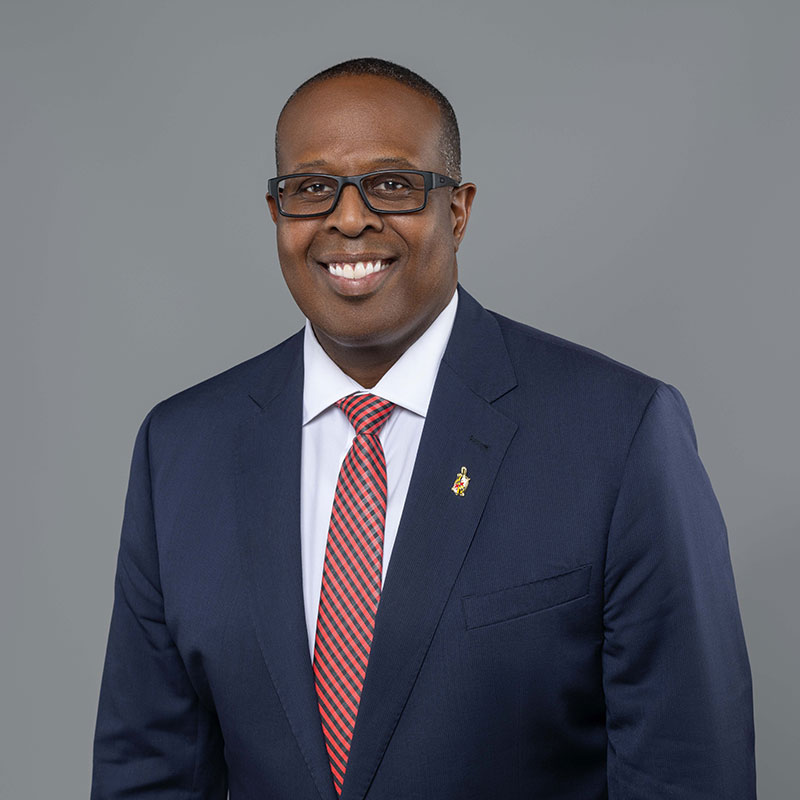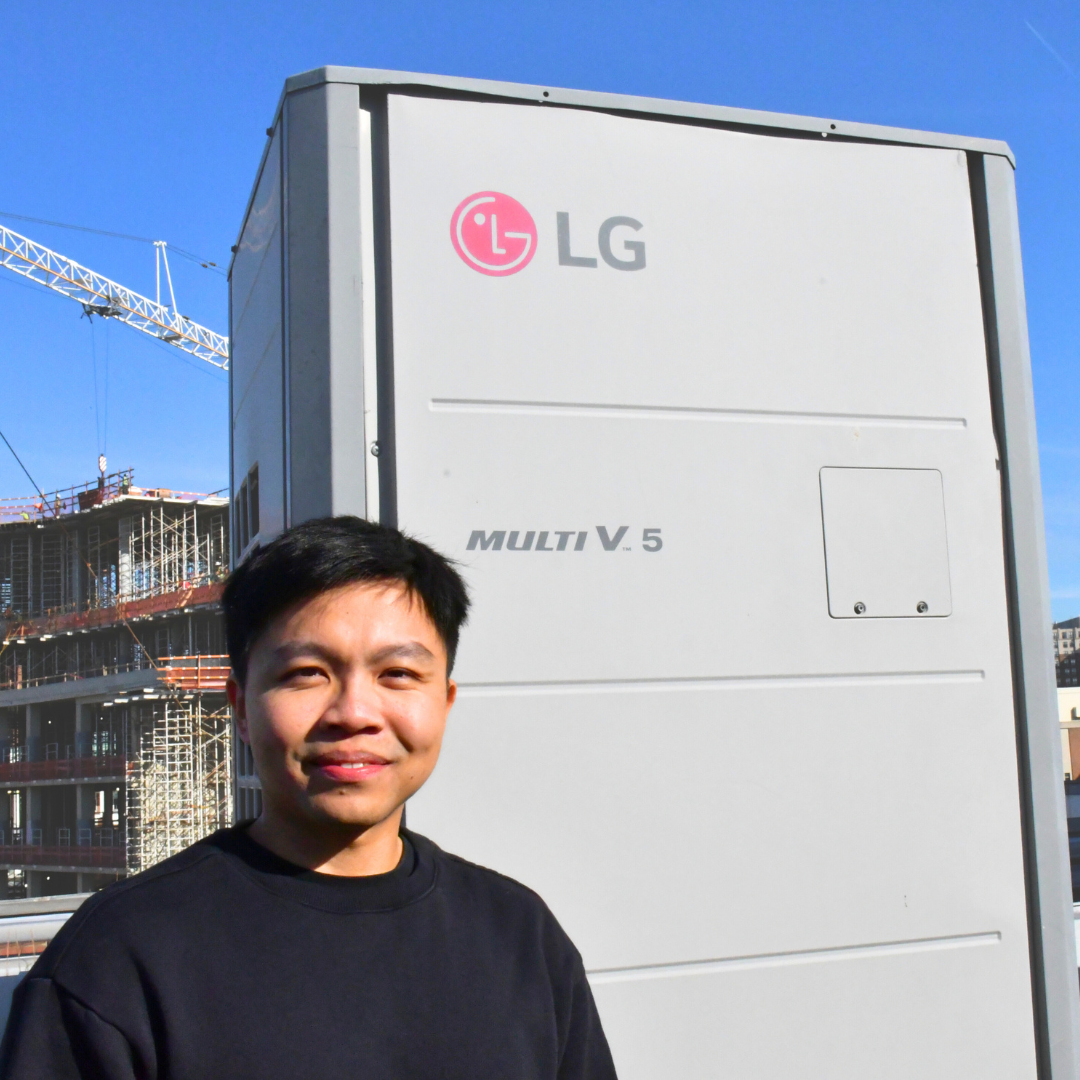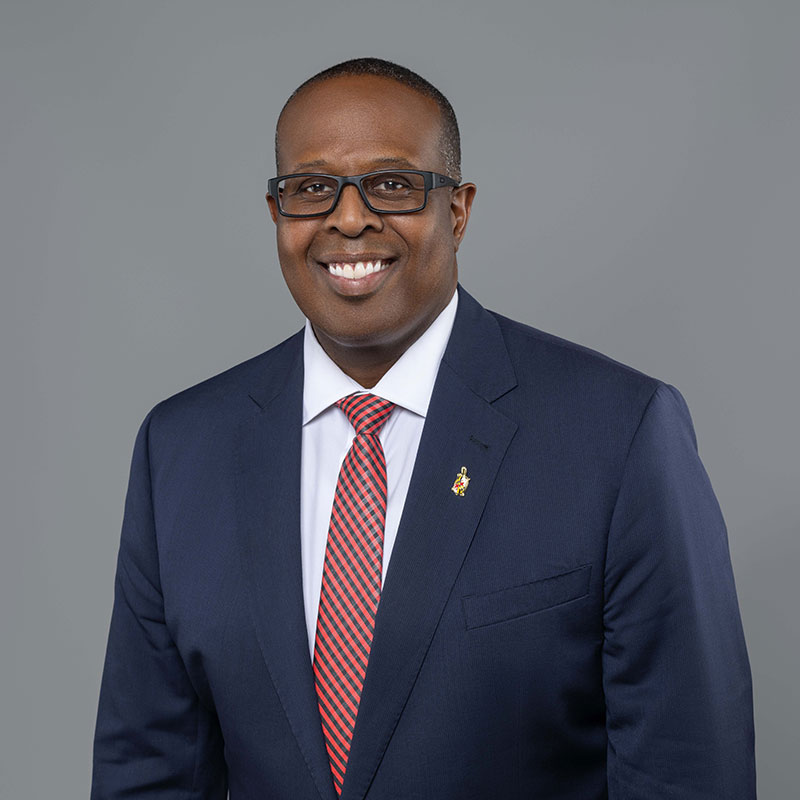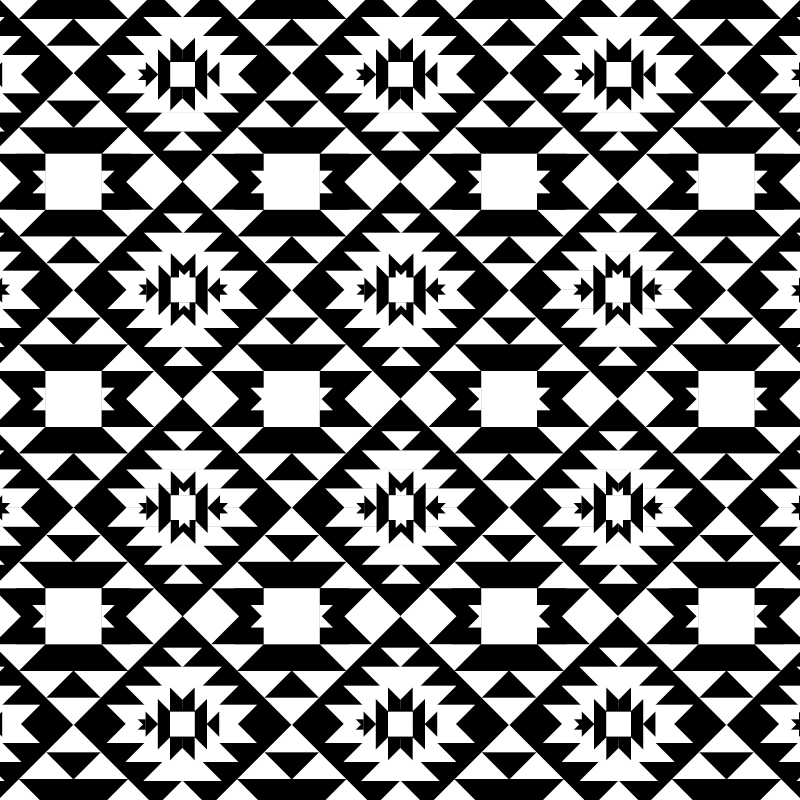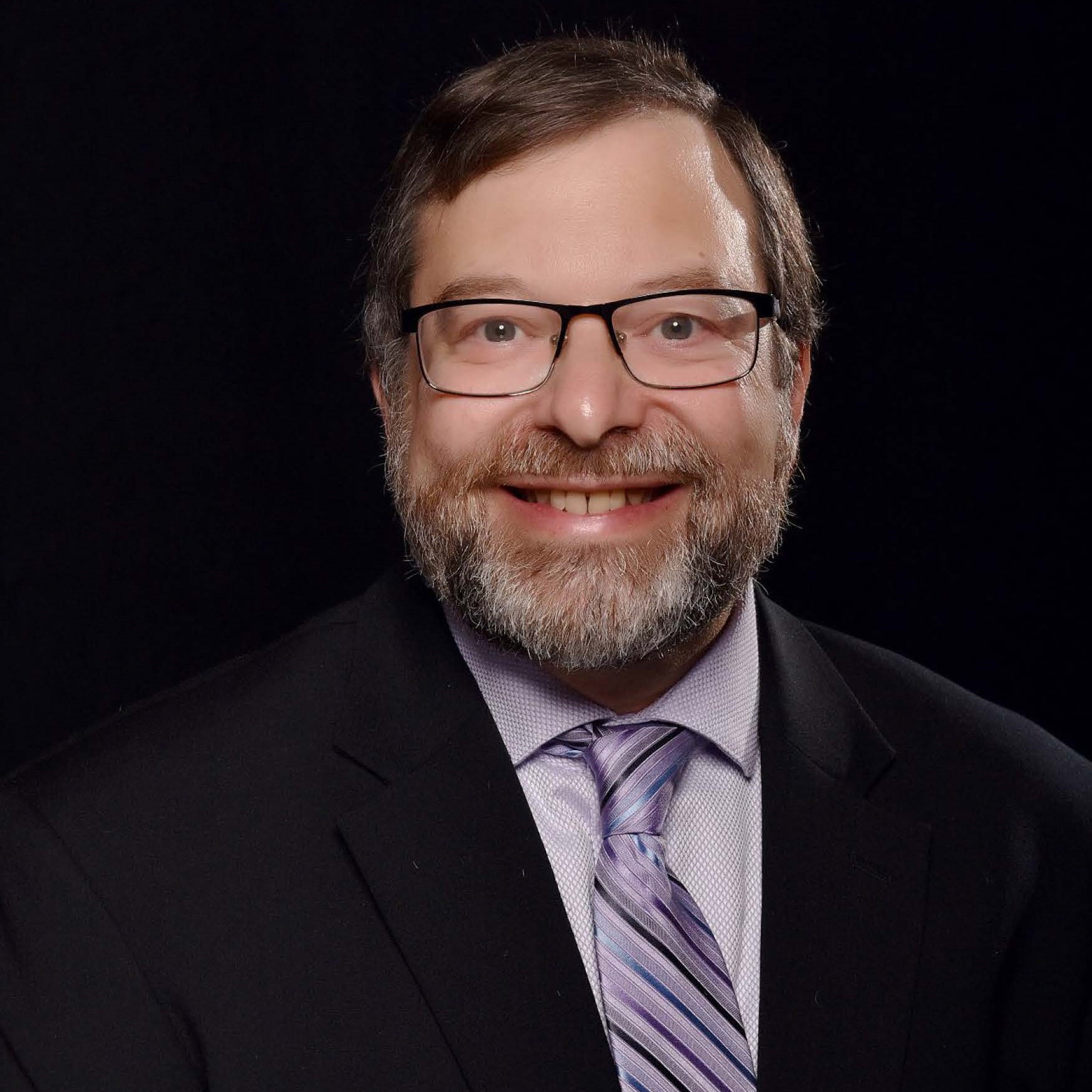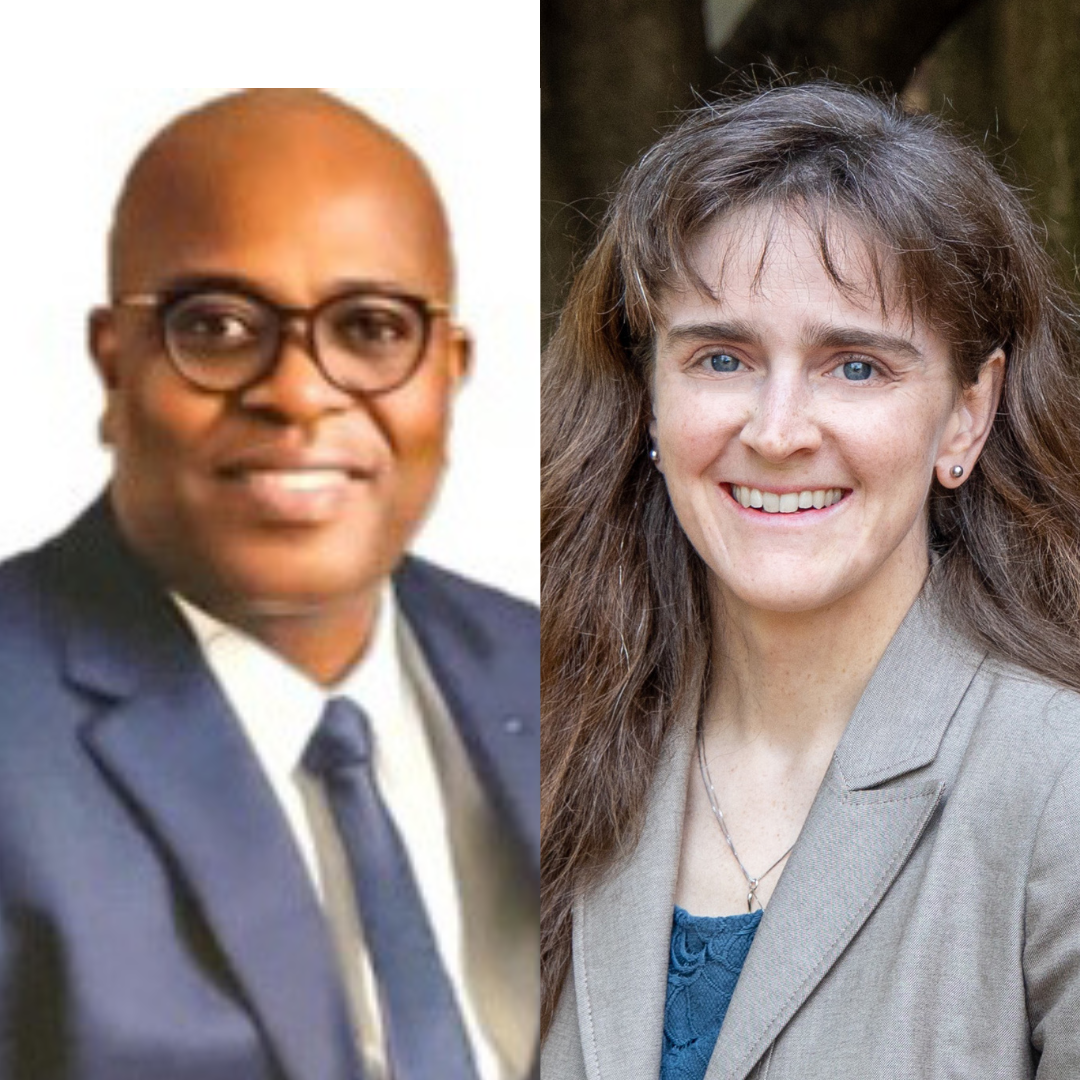News Story
Krizek Comments Now Available
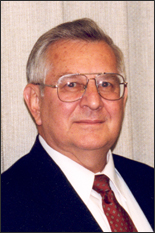
Raymond J. Krizek '61
Remarks by Raymond J. Krizek at the 2007 Innovation Hall of Fame Induction Ceremony
It is indeed an honor to be inducted into the Engineering Hall of Fame at the University of Maryland. While this is certainly a distinct honor in its own right, there are several factors that render it even more significant for me at this time. First of all, Maryland is my home state, where I have spent almost half my life, certainly my formative years, and it's always special to receive a "hometown welcome." Secondly, the University of Maryland was where I formally began my academic career in 1957 – fifty years ago this year – and where my career might well have unfolded, had it not been for the peculiarities of life that so often dictate the course we follow. And thirdly, I am the first civil engineer to join this eminent group of outstanding engineers who have contributed so much in so many different ways to improve our quality of life.
There are a few guests whose attendance adds to the significance of this occasion, because of the special roles they represent. Let me start with the youngest, Cory Connelly, the son of my niece; this young man is a freshman at the University of Maryland and about to embark on a career in mechanical engineering – a career that, if all goes well, might possibly lead to a plaque of the walls of this building. The second is Ahmet Aydilek, a young man who is in the midst of a very promising career, as evidenced by several honors by his peers and his recent promotion to Associate Professor with tenure on the faculty of the Department of Civil and Environmental Engineering – and a young man who is my academic grandson, since his PhD advisor was one of my PhD advisees. And the third is an old timer, my friend and a man with whom I began this journey fifty years ago, Dan Garber, now retired from the CEE faculty. These guests span the gamut – a very young man just starting out on a promising career with high hopesof a bright future; a young man in the midst of a very thriving and successful career; and a not-so-young man who can look back with great satisfaction on the gratitude and respect earned by teaching a multitude of students about a small part of the wonderful life we share as engineers. I am very pleased to have these folks here this evening, as well as all of you who have contributed to the prestige of this occasion by your attendance.
I would be remiss if I didn’t also recognize and acknowledge a few other important folks who have exerted a very strong influence on the proceedings this evening. Regardless of what one accomplishes in his or her career, honors and awards are not forthcoming unless one is nominated and supported and selected. Toward this end, I am most grateful to Deborah Goodings for having the courage and stamina to nominate me and "make the case" in the face of all odds, to the Department of Civil and Environmental Engineering and the A. James Clark School of Engineering for supporting me, and finally to the Committee for selecting me. Without the mutually complimentary and integrative efforts of this group, this ceremony this evening would be quite different – especially for me.
Together with my fellow members in this Hall of Fame, as well as virtually every other engineer who enhances our quality of life, I am truly proud to be an engineer. It is indeed a noble profession, and there is no better testimony to the role of engineering in society than the following words of Herbert C. Hoover, thirty-first President of the United States and himself an engineer. These are words that I have long held in high regard – and words that I want to share with you this evening to illustrate the special place that engineers occupy in society.
"It is a great profession. There is the fascination of watching a figment of imagination emerge through the aid of science to a plan on paper. Then it moves to realization in stone or metal or energy. Then it brings jobs and homes to men. Then it elevates the standard of living and adds to the comforts of life. That is the engineer's high privilege.
The great liability of the engineer compared to men of other professions is that his works are out in the open where all can see them. His acts, step by step, are in hard substance. He cannot bury his mistakes in the grave like doctors. He cannot argue them into thin air or blame the judge like lawyers. He cannot, like the architects, cover his failures with trees and vines. He cannot, like the politicians, screen his shortcomings by blaming his opponents and hope that people forget. The engineer simply cannot deny he did it. If his works do not work, he is damned.
On the other hand, unlike the doctor, his is not a life among the weak. Unlike the soldier, destruction is not his purpose. Unlike the lawyer, quarrels are not his daily bread. To the engineer falls the job of clothing the bare bones of science with life, comfort and hope. No doubt as the years go by people forget which engineer did it, even if they ever knew. Or some politician puts his name on it. Or they credit it to some promoter who used other people’s money. But the engineer himself looks back at the unending stream of goodness which flows from his successes with satisfactions that few professions may know. And the verdict of his fellow professional is all the accolade he wants.” Addresses Upon the American Road, Stanford University Press, 1955)
Thank you again for this great honor. I accept it with sincere humility and deep gratitude for my life’s blessings.
Published November 8, 2007
